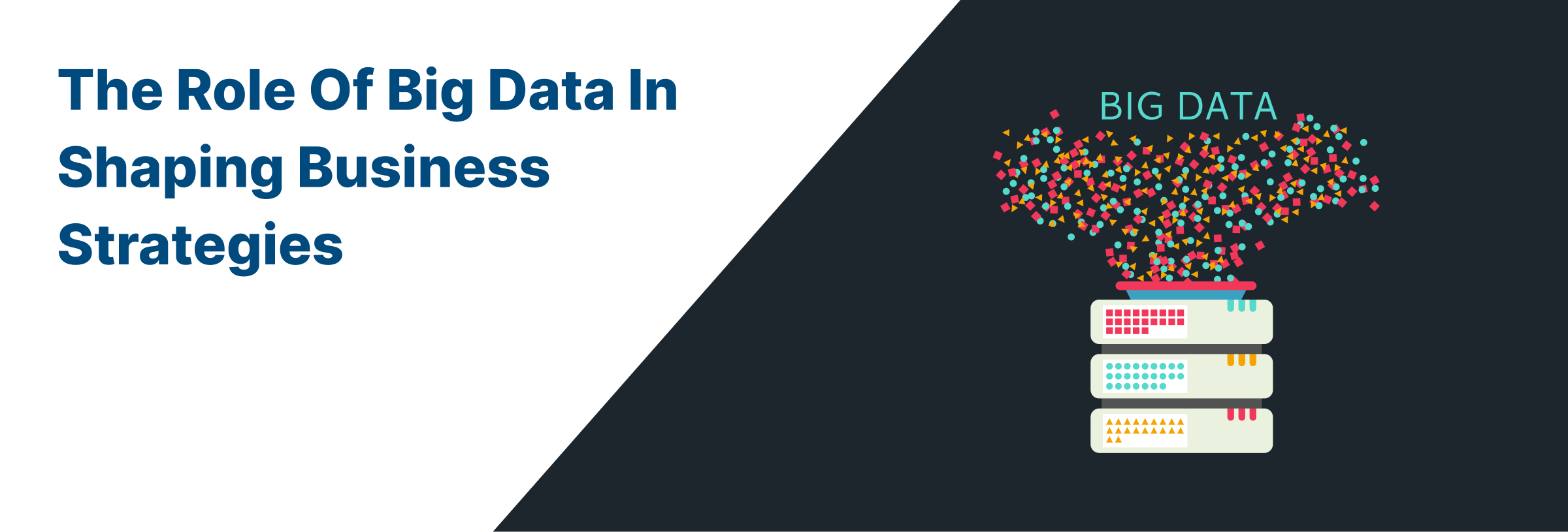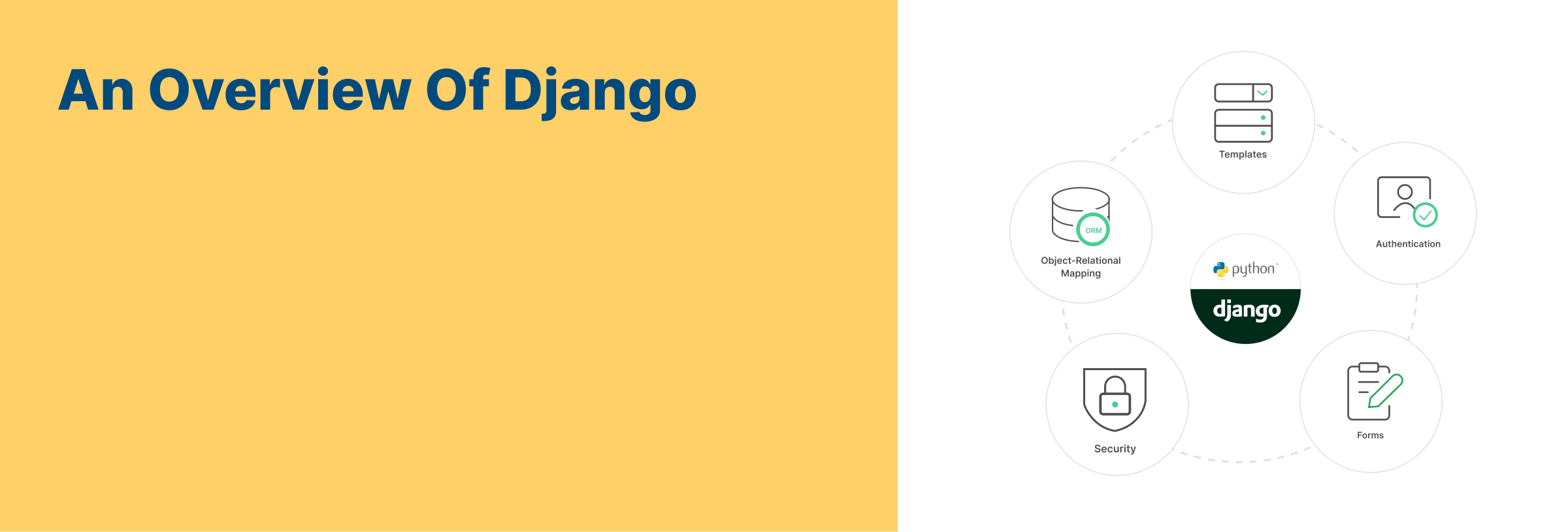The Role of Big Data in Shaping Business Strategies
In today’s digitally-driven world, data isn’t just a commodity; it’s a currency. Big Data has emerged as a game-changer for businesses, revolutionizing how they operate, compete, and strategize. From enhancing customer experiences to optimizing operations, the utilization of vast datasets has become indispensable in driving growth and innovation. In this blog post, we delve into the profound impact of Big Data on shaping business strategies.
Understanding Big Data
Big Data refers to the massive volume of structured and unstructured data generated from various sources, including social media, sensors, mobile devices, and transactions. What sets Big Data apart is its velocity, variety, and volume, which traditional data processing methods struggle to handle. However, with advanced analytics tools and technologies, businesses can extract valuable insights from this wealth of information.
Driving Informed Decision-Making
One of the primary benefits of Big Data for businesses is its ability to provide actionable insights for decision-making. By analyzing customer behavior, market trends, and competitor activities, companies can make informed strategic decisions. For instance, retail giants leverage data analytics to optimize inventory management, pricing strategies, and personalized marketing campaigns based on customer preferences and buying patterns.
Enhancing Customer Experiences
In the age of personalization, understanding and catering to customer needs is paramount for business success. Big Data enables companies to gain a deeper understanding of their customers by analyzing vast datasets, including demographic information, browsing history, and feedback. This insight allows organizations to tailor products, services, and marketing efforts to meet the unique preferences of individual customers, thereby enhancing their overall experience and fostering brand loyalty.
Improving Operational Efficiency
Beyond customer-centric applications, Big Data also plays a pivotal role in optimizing internal processes and improving operational efficiency. By analyzing production data, supply chain dynamics, and equipment performance, manufacturers can identify inefficiencies, anticipate maintenance needs, and streamline operations. Similarly, healthcare providers leverage data analytics to optimize resource allocation, reduce wait times, and enhance patient outcomes.
Uncovering Growth Opportunities
Big Data serves as a treasure trove of untapped opportunities for businesses willing to explore and innovate. Through predictive analytics and trend forecasting, organizations can identify emerging market trends, anticipate consumer demands, and capitalize on new business opportunities. Whether it’s entering new markets, launching innovative products, or expanding service offerings, data-driven insights enable companies to stay ahead of the curve and drive sustainable growth.
Addressing Challenges and Risks
While the potential of Big Data is immense, it also presents challenges and risks that businesses must navigate. Data privacy concerns, cybersecurity threats, and regulatory compliance are among the key challenges associated with the collection and utilization of Big Data. Moreover, ensuring data accuracy, reliability, and integrity is crucial to deriving meaningful insights and making informed decisions. Therefore, organizations must invest in robust data governance frameworks and adopt ethical data practices to mitigate risks and build trust with stakeholders.
Conclusion
In conclusion, Big Data is not merely a buzzword; it’s a strategic asset that empowers businesses to thrive in an increasingly competitive landscape. By harnessing the power of data analytics, companies can gain deeper insights, drive innovation, and unlock new opportunities for growth. However, realizing the full potential of Big Data requires a strategic approach, investment in technology infrastructure, and a culture of data-driven decision-making. As we embark on the data-driven journey, businesses that embrace Big Data will undoubtedly emerge as the leaders of tomorrow, shaping industries and redefining success in the digital age.





